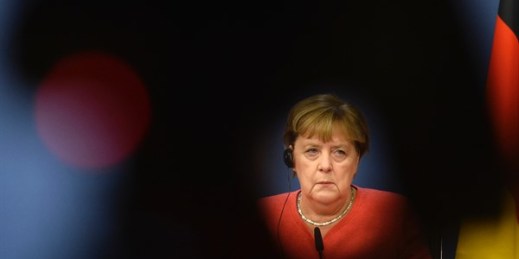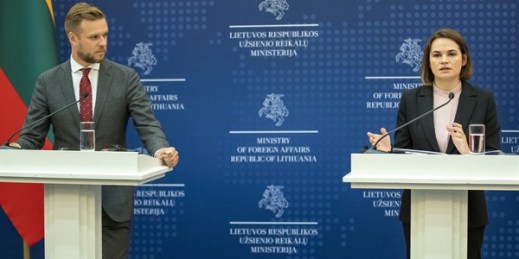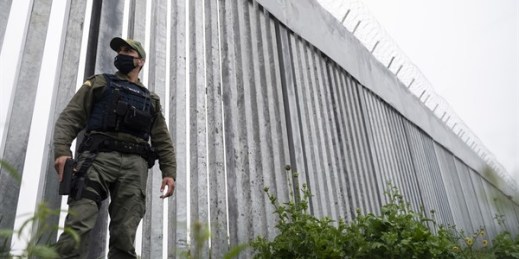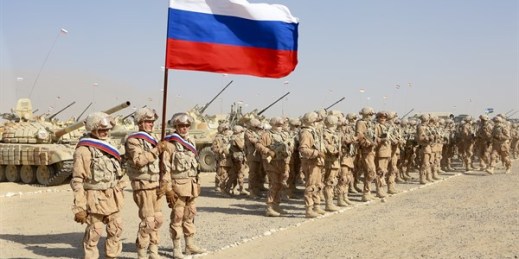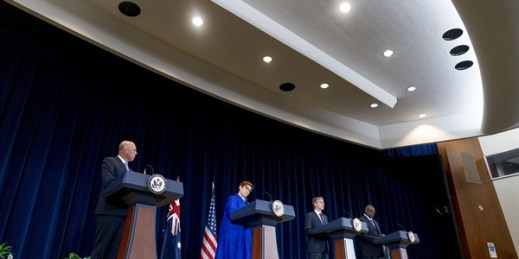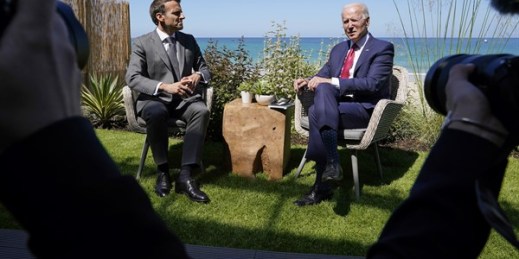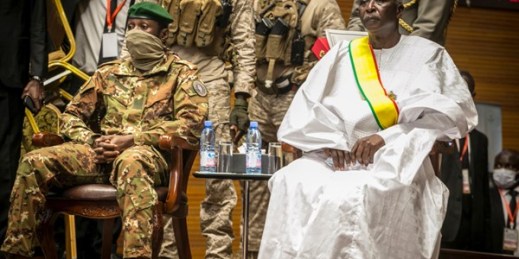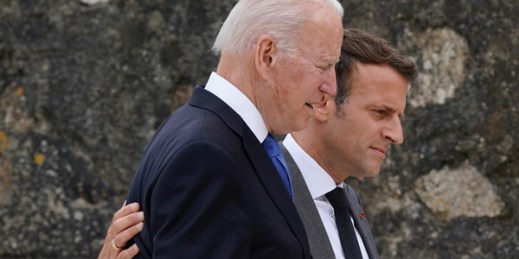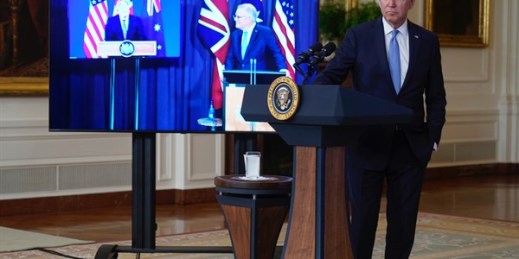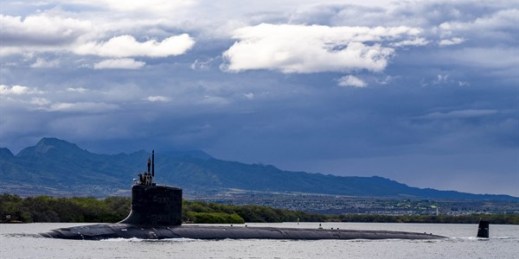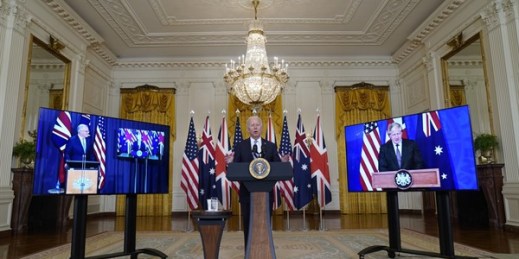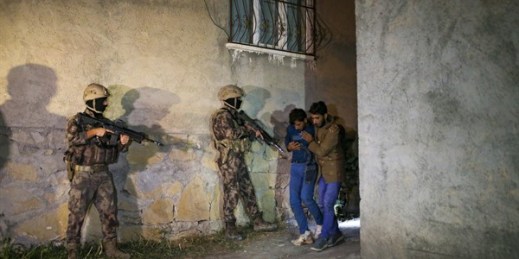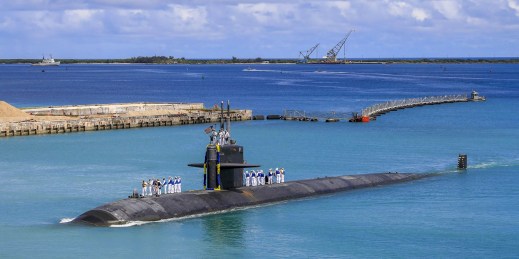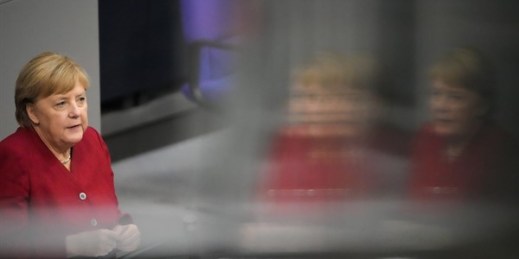
Last month, China recalled its ambassador to Lithuania and demanded that Vilnius do the same in response to Lithuania’s plans to establish reciprocal diplomatic offices with Taiwan. Despite the pressure from Beijing, the Lithuanian government has refused to back down in its plans to deepen relations with Taipei. This week on the Trend Lines podcast this week, Edward Lucas, a nonresident senior fellow at the Center for European Policy Analysis and a former senior editor at The Economist, joined WPR’s Elliot Waldman to discuss the history and context behind the strong anti-authoritarian streak in Lithuania’s foreign policy. Listen to the […]

